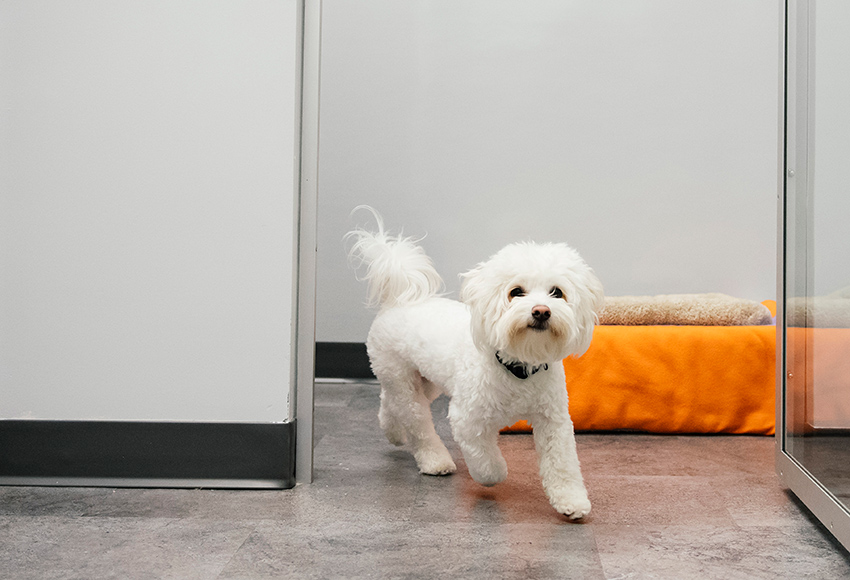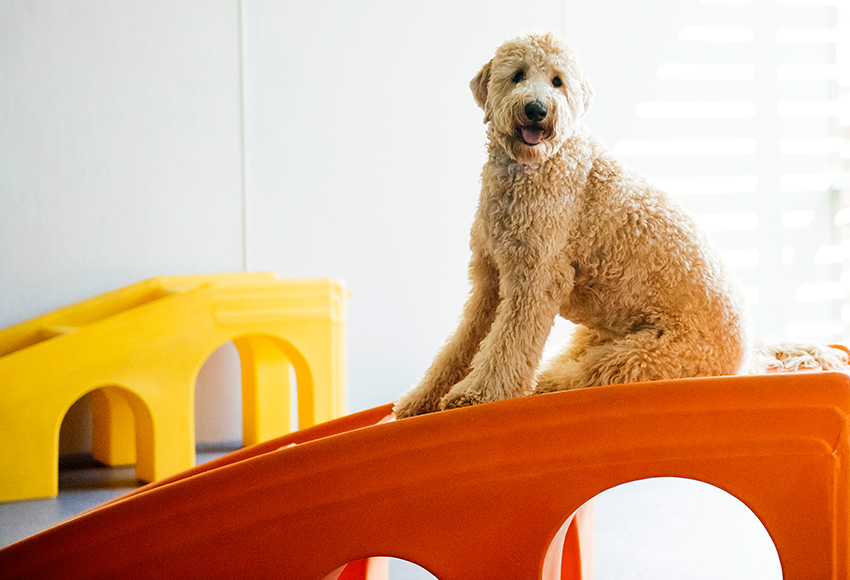Firework Safety and Your Dog in Alexandria, VA

People who own dogs in Alexandria, Virginia have a vital duty to ensure the safety and wellbeing of their beloved friends as night falls and the sky is illuminated with beautiful fireworks. Dogs may experience anxiety and terror from fireworks, despite the fact that they may make humans happy and excited.
Understanding the Impact of Fireworks on Dogs
There are following impacts of fireworks on dogs:
- Behavioral Reactions
- Dogs may react behaviorally to fireworks in a variety of ways, such as anxiety, fear, or even violence. Since many dogs have a high threshold for loud noises, the rapid booms and bursts of fireworks may frighten or agitate them. Certain dogs may show symptoms of panic, like shaking, pacing, or running to a hiding place for cover. Some people may exhibit defensive actions, like growling or barking, to shield themselves from potential dangers.
- Physical Reactions
- Dogs that watch fireworks shows may potentially exhibit physical problems along with changes in behaviour. Trembling, panting, salivating, as well as anxiousness are typical bodily reactions. Certain dogs could pace or try to run away from the noise as a sign of distress. In extreme circumstances, dogs may even sustain injuries or panic attacks while attempting to escape the fireworks’ source.
- Long-term Effects
- Dogs who are exposed to pyrotechnics may have anxiety or trauma that lasts a lifetime. Repeated or severe fireworks displays can cause dogs to become more sensitive to loud noises, which might make them more fearful or anxious in similar circumstances. Dogs may occasionally develop an aversion of explosives, showing signs of severe fear or avoidance anytime they hear loud noises that sound like explosions (Jones, 2021).
Preparing Your Dog for Firework Season
The following techniques are helpful for dogs safety:
- Desensitization Techniques
- Desensitization is a useful tactic for getting dogs ready for the fireworks season. This entails introducing dogs to the noise of pyrotechnics gradually in a positive and regulated way. Dogs can be desensitized to noise by playing recordings, which can be obtained online or from pet
behavior specialists. - The volume may gradually rise over time as the dogs get used to the noise. Dogs can be trained to identify the sound of explosions with fun activities or treats instead of something scary by associating the sound with these positive experiences.
- Desensitization is a useful tactic for getting dogs ready for the fireworks season. This entails introducing dogs to the noise of pyrotechnics gradually in a positive and regulated way. Dogs can be desensitized to noise by playing recordings, which can be obtained online or from pet
- Creating a Safe Space
- Dogs must have a secure and cozy space indoors to help them deal with the fireworks season. Use a box or a special place where your dog can go to feel safe and comfortable when there are fireworks.
- Make sure the room has cozy bedding, well-known toys, and calming accessories like
pheromone diffusers or blankets. You can also assist your dog feel calmer by playing white noise or soothing music to block off the sound of explosions.
- Identification and Microchipping
- Making sure your dog is properly identified is essential. For example, your contact information should be on an ID tag attached to your dog’s collar. Furthermore, microchipping your dog gives them a long-term means of identification in the event that they run away from
pyrotechnics or get lost. - Verify that the contact information on your dog’s microchip is current. If your dog does manage to escape, being properly identified improves the likelihood of a speedy reunion in the event that they are discovered by another individual or taken to a shelter.
- Making sure your dog is properly identified is essential. For example, your contact information should be on an ID tag attached to your dog’s collar. Furthermore, microchipping your dog gives them a long-term means of identification in the event that they run away from
Conclusion
In conclusion, it is critical for dogs’ safety around fireworks to give top priority to firework safety. We can guarantee our dogs’ safety and comfort by being aware of the effects of pyrotechnics, getting them ready for the season, as well as putting safety precautions in place.
Dog owners may confidently assist their beloved friends during the fireworks season by providing them with the necessary care and preparation. Together, let’s make sure that our dogs are content and safe during Alexandria, Virginia, fireworks displays.
References
● Johnson, M. (2019). Firework Safety Tips for Dog Owners. Alexandria Pet Gazette, 5(2), 34-37.
● Davis, R. (2018). Managing Firework Anxiety in Dogs. Veterinary Medicine Today, 22(4), 56-61.







